Advertisement
All About the Bernese Mountain Dog
Advertisement
Bernese Mountain Dogs, often called Berners, are part of the working group. Originally bred to herd cattle and pull carts on Swiss farms, these dogs have become beloved family pets for their calm demeanor and friendly nature. Berners are loyal, protective, and great with children, making them ideal for families with an active lifestyle and a spacious yard for playtime.
Appearance
Bernese Mountain Dogs are known for their striking tri-color coat, which features black fur accented with orange-rust markings and white patches. Common white areas include the chest, which often forms an inverted cross, the tip of the tail, and between the eyes. These dogs are large, with adult females weighing between 70 to 95 pounds and males reaching up to 115 pounds. Their size and impressive coat make them stand out, but they also need plenty of space and regular grooming.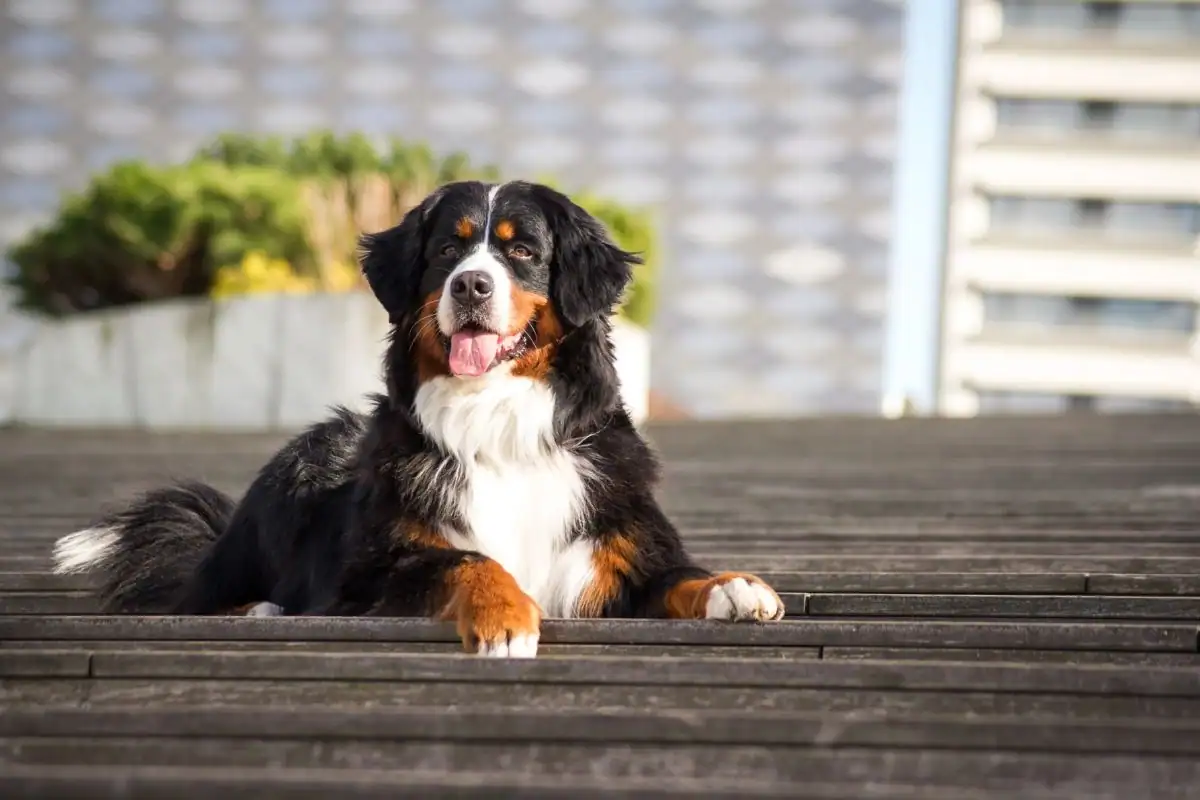
Advertisement
Breed History
The history of Bernese Mountain Dogs traces back to Swiss farms where they were essential for tasks like pulling carts and guarding livestock. As farming declined, the need for these hardworking dogs decreased. However, the early 1900s saw renewed interest in preserving native breeds. The Swiss Kennel Club recognized the Berner in 1904, and by 1936, the American Kennel Club included them in the working group. Today, Berners are cherished for their mix of strength and gentle disposition.
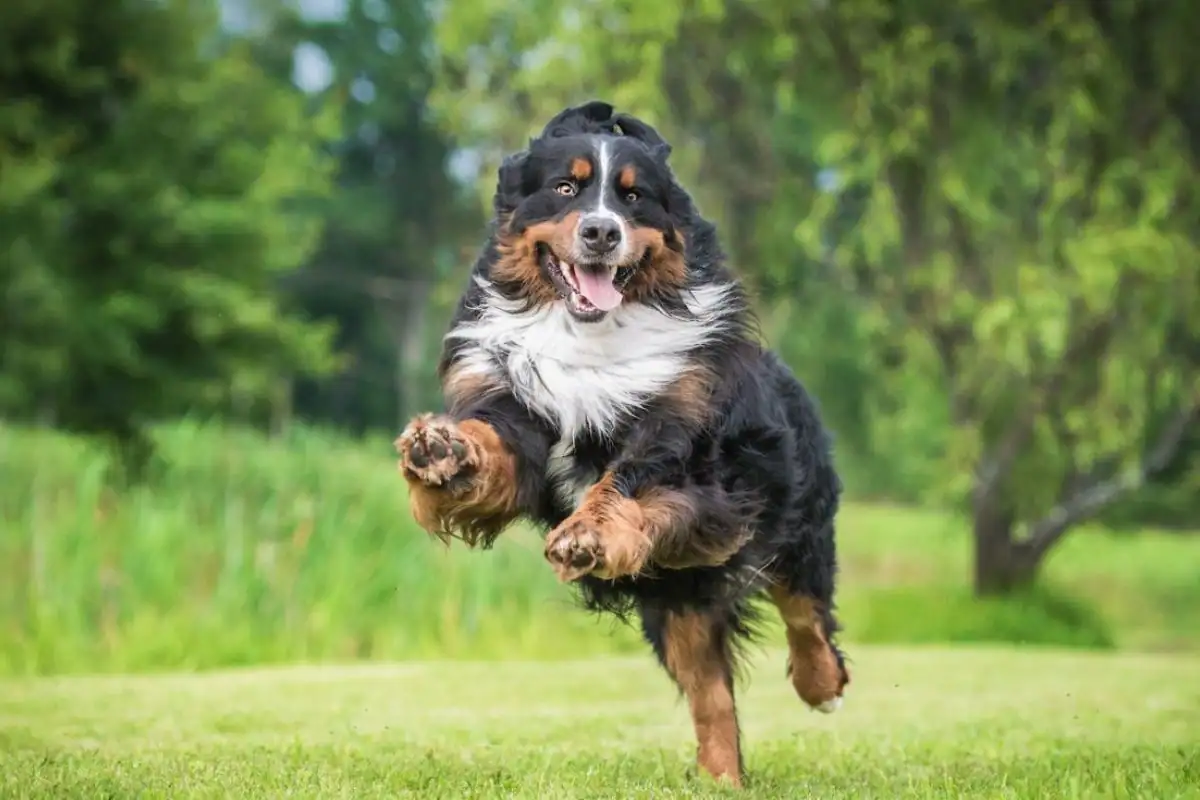
Advertisement
Personality
Bernese Mountain Dogs are perfect for active families. Known for being gentle, tolerant, and calm, they are great with children. However, their size means they shouldn’t be left unsupervised with young kids. While they look imposing and are protective of their families, Berners are not aggressive and can even be shy around new people if not socialized early. Proper socialization helps them grow into well-adjusted, confident dogs.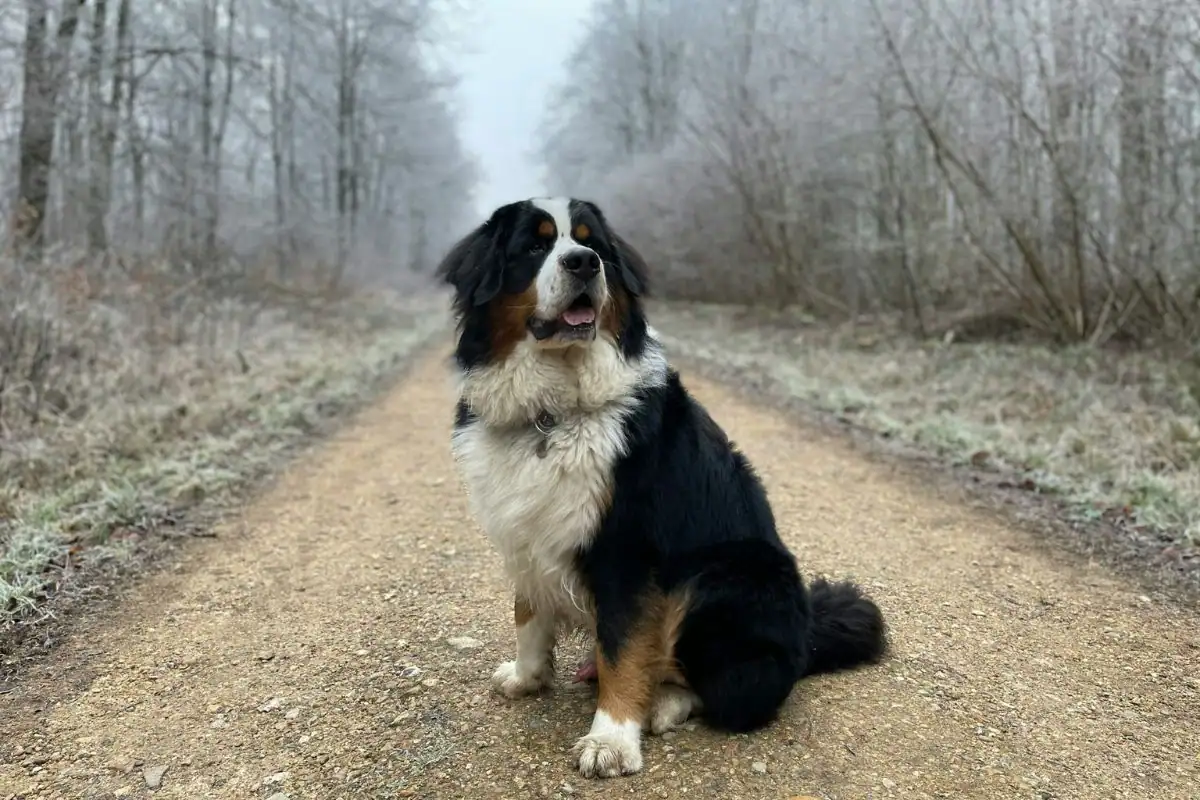
Advertisement
Grooming
These dogs have a beautiful double coat that sheds, particularly during the spring and fall. Regular grooming is necessary to manage shedding and keep their coat looking its best. Brushing every few days helps prevent tangles and reduces fur around the house. Bathing every three months or so is generally sufficient to keep their fur clean and healthy. Starting a grooming routine early can make the process easier as they grow.
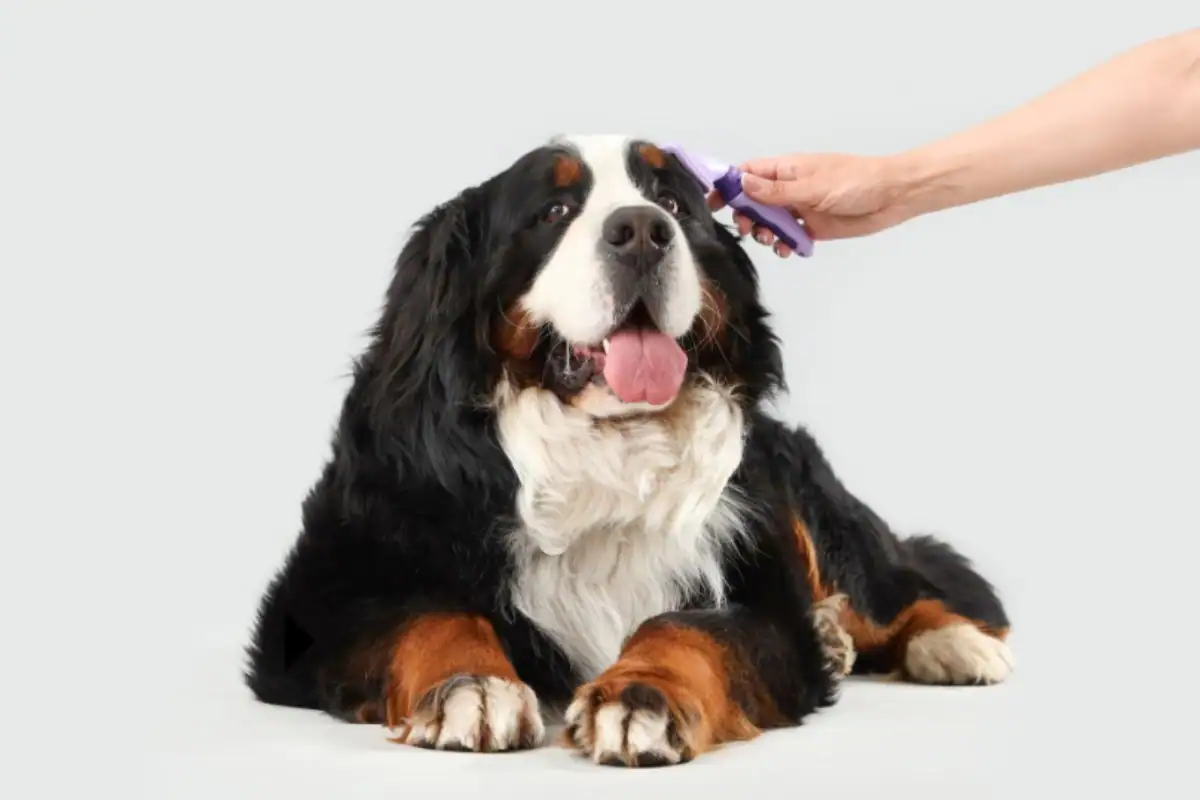
Advertisement
General Care
In addition to grooming, Bernese Mountain Dogs need regular dental care. Owners should brush their teeth at least twice a week to prevent tartar buildup and maintain oral health. Their toenails should be trimmed monthly unless they wear down naturally through outdoor activities. Due to their floppy ears, Berners can be prone to ear infections, so it’s important to check their ears weekly for signs of redness or an unpleasant smell. Cleaning the outer ear with a cotton ball and ear cleaner helps, but avoid inserting anything into the ear canal.

Advertisement
Activity Needs
As a breed originally used for farm work, Bernese Mountain Dogs are very active and do best in homes with a large, fenced-in yard. This allows them space to run and play safely. In addition to playing in the yard, they need at least 30 minutes of vigorous exercise daily to stay healthy, with 90 minutes being ideal for optimal fitness. Regular activity helps keep their muscles strong and their minds sharp.
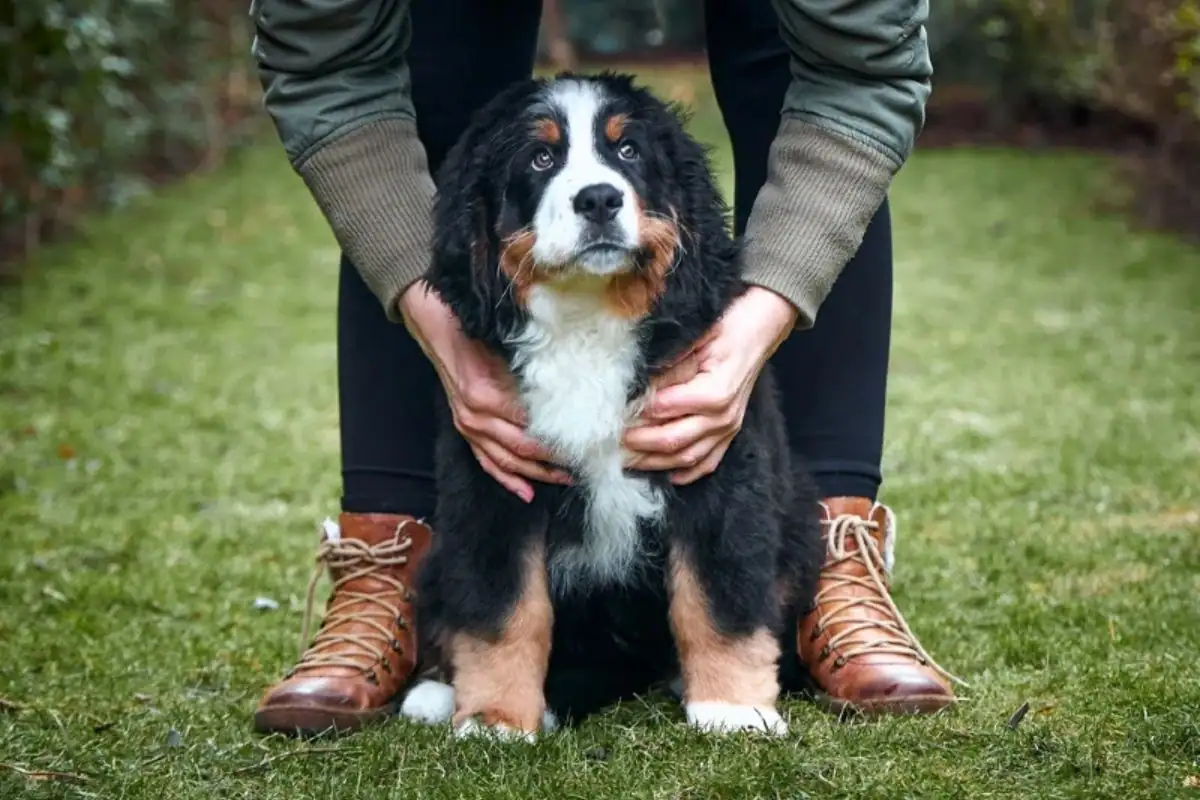
Advertisement
Health Concerns
Like many breeds, Bernese Mountain Dogs have some health issues to be aware of. Common problems include hip and elbow dysplasia, hypothyroidism, and Von Willebrand's Disease, a blood clotting disorder. Berners are also more prone to certain types of cancer compared to other breeds. To minimize risks, potential owners should choose reputable breeders who can provide health clearances for the parents.
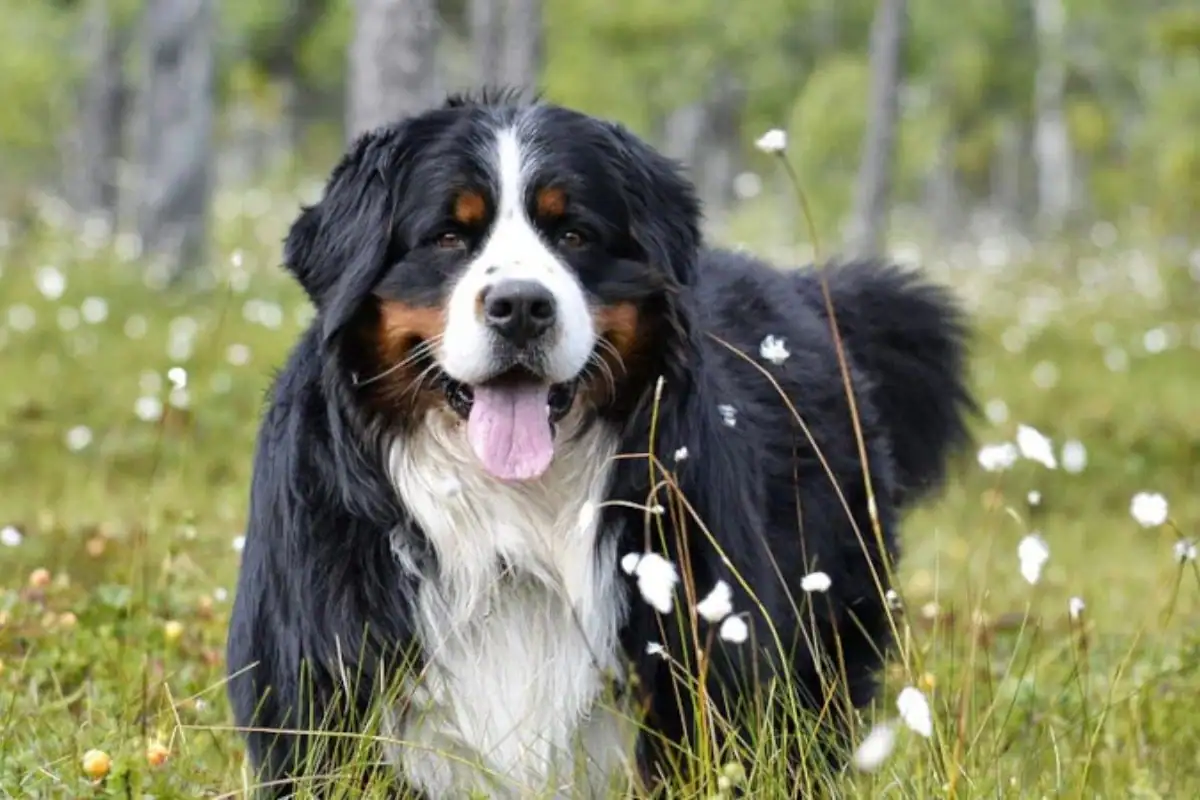
Advertisement
Living Environment
Due to their size and energy levels, Bernese Mountain Dogs are not suited for small apartments or condos. They thrive in environments where they have ample room to move. Their thick coats make them perfect for colder climates, and they love playing in the snow. However, they are prone to heatstroke in warmer weather, so exercise should be done during cooler parts of the day, such as early mornings or evenings.

Advertisement
Compatibility with Other Pets
Bernese Mountain Dogs are known for their gentle and patient nature, making them compatible with other pets. They generally get along well with other animals, but due to their size, careful supervision is important when they’re around smaller pets like cats or toy breed dogs. Early socialization helps them adapt better to multi-pet households.

Advertisement
Raising a Puppy
Raising a Bernese Mountain Dog puppy comes with a few important considerations. These dogs maintain their playful, puppy-like behavior long after they reach full size. Early socialization is crucial to prevent shyness or aloofness later in life. Until they reach two years old, puppies shouldn’t play on hard surfaces or pull loads, as their bones and joints are still developing. This helps prevent joint damage and ensures healthy growth.
.png)




